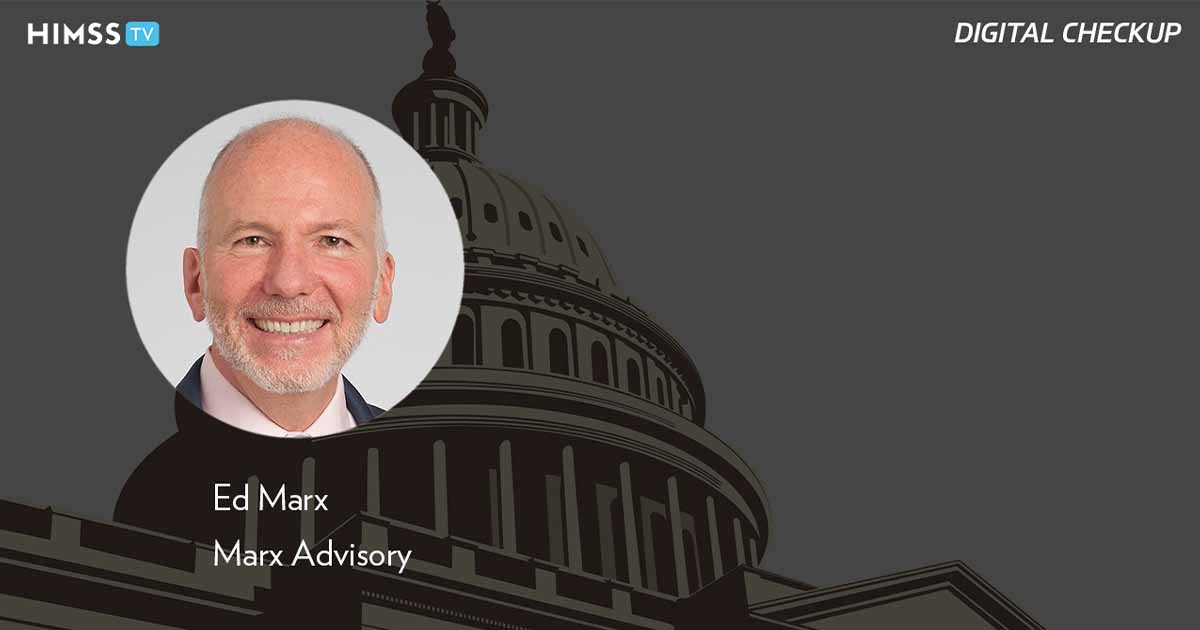Search
PE ownership had negative consequences, including lower quality of care, decreased staffing and higher prices, report says.
The savings are due in part to strict price-reporting controls on pharmaceutical companies and the continuance of drug manufacturer rebates.
Over $2.1 billion arose from lawsuits filed by whistleblowers under the qui tam provisions of the False Claims Act.
Revocation was verified by action letter posted on IRS website, but does not name the hospital or its location.
Records reveal additional instances where Price set aside his priority of budget discipline in favor of special medical interests.
Elements of the law remain widely popular, including coverage for pre-existing conditions, benefits caps, young adults on parents' plan until age 26.
One analysis projects that unsubsidized premiums could increase by almost half -- an average annual increase of $1,600 for a 40-year-old.
The woman who became the face of the health law's troubled rollout last October is resigning her position as head of the country's Health and Human Services Department.
It is easy to point fingers at the pharmaceutical companies, but to infuse ethics into drug pricing, drug makers, physicians, patients and the entire healthcare system must all participate.
The U.S. Department of Health and Human Services' Office of the Inspector General (OIG) is investigating Minnesota's Medicaid managed care payment rates to HMOs between 2008 and 2009.






